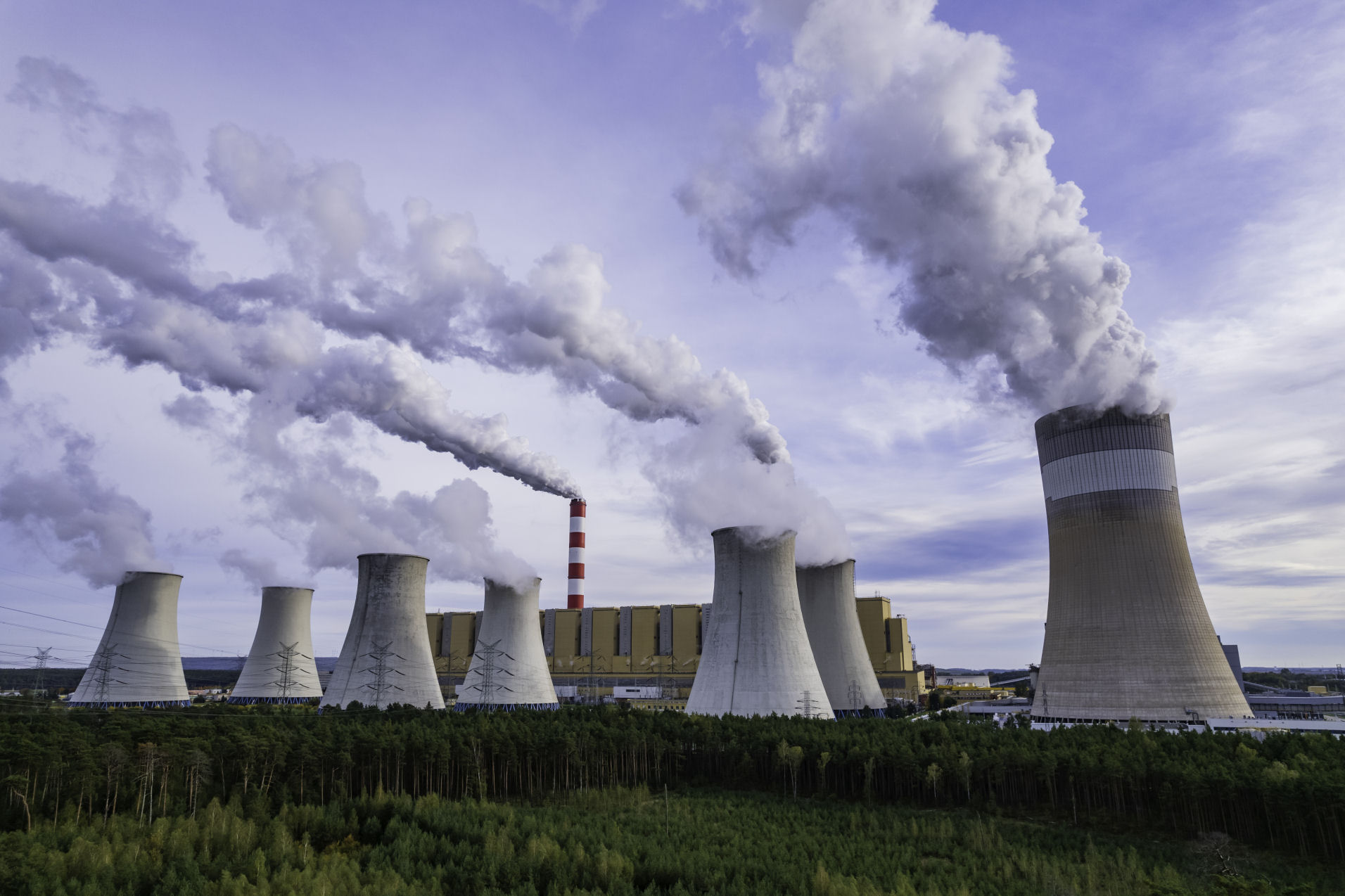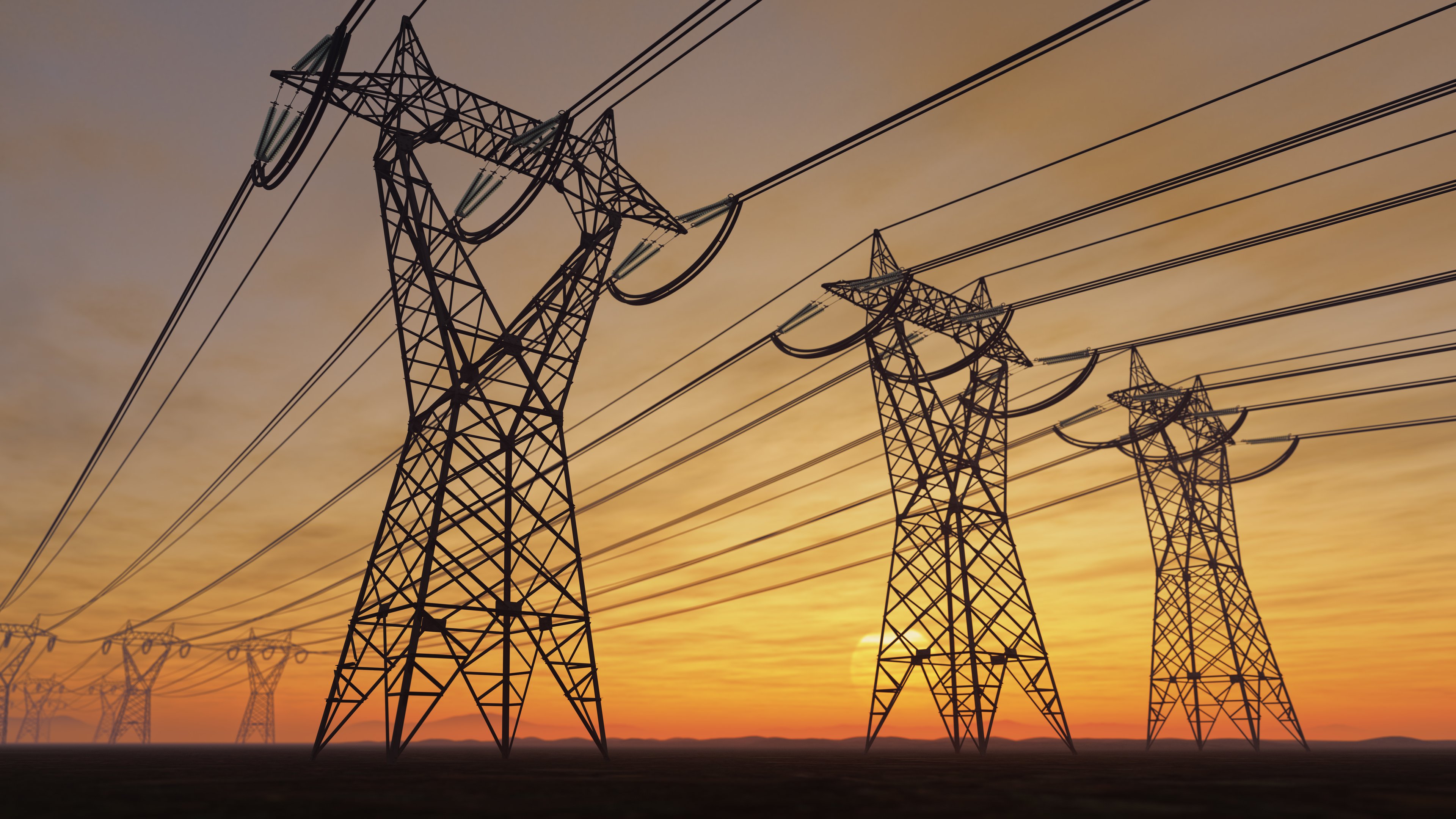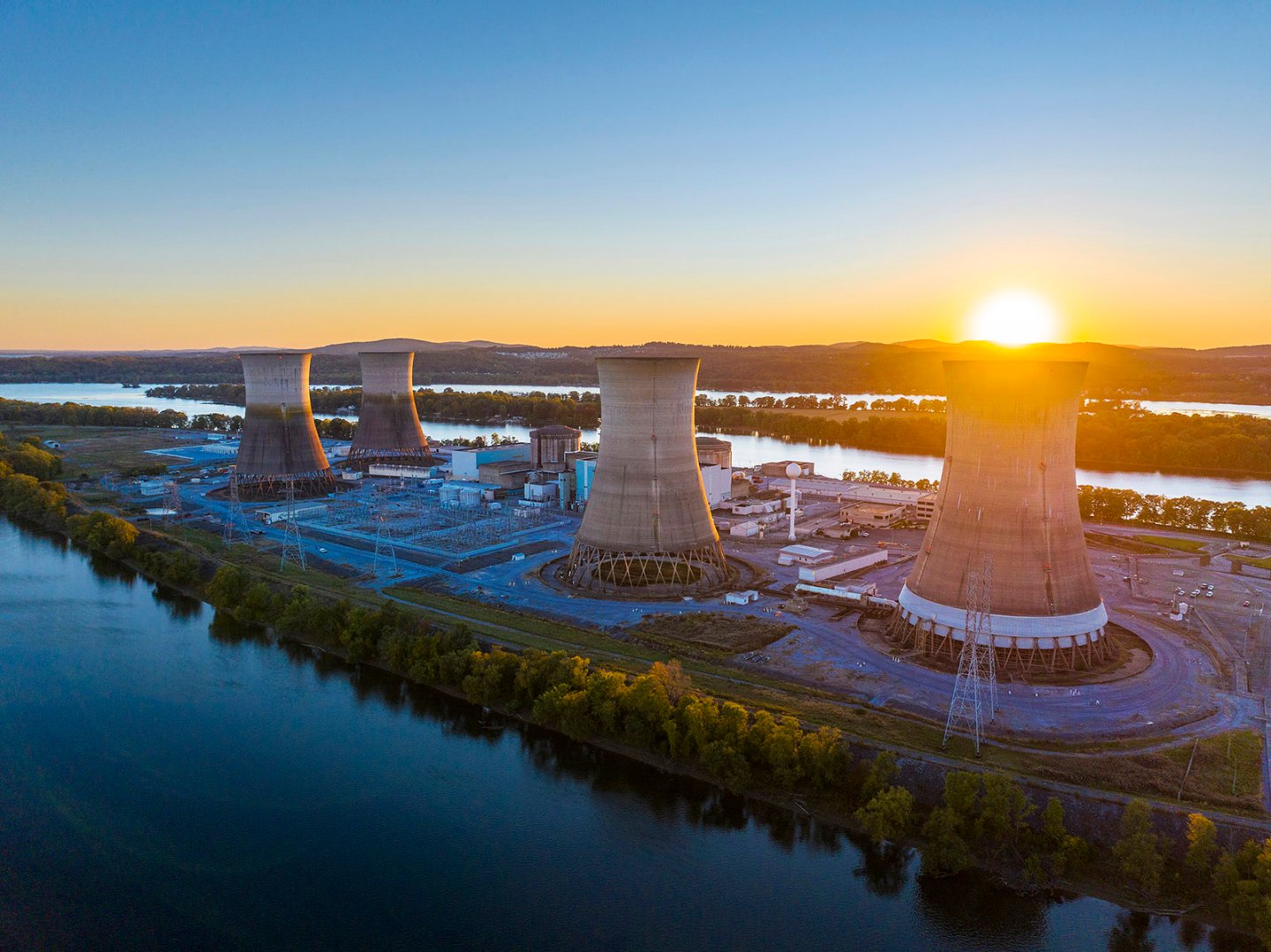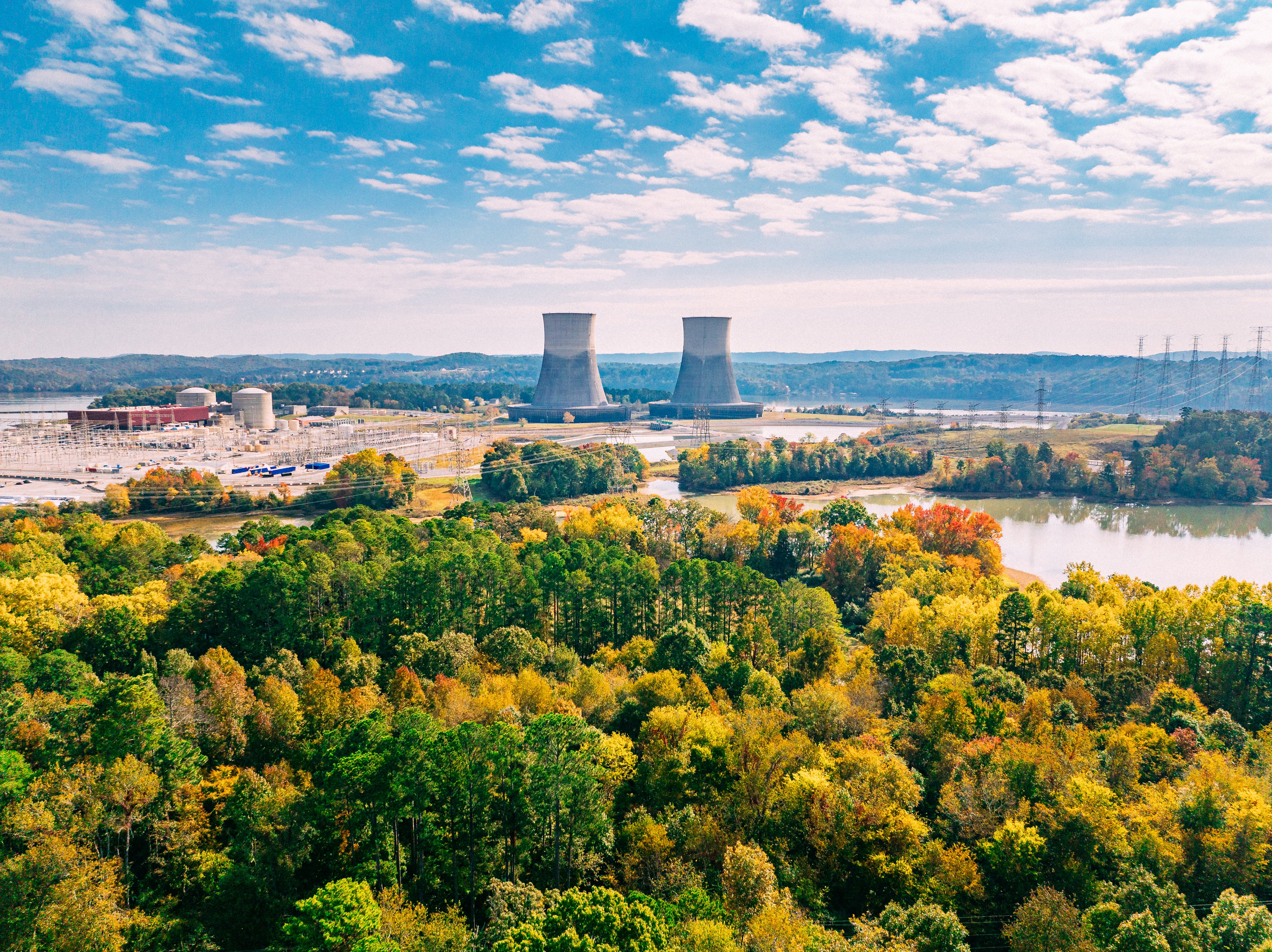The artificial intelligence (AI) revolution is driving surging energy demand that will persist for years to come. According to Goldman Sachs, data centers are projected to consume 8% of the U.S.'s total electricity by 2030, up from just 3% three years ago.
This skyrocketing demand isn't limited to AI. According to research by the Bank of America Institute, overall U.S. electricity consumption is expected to grow 2.5% compounded annually over the next 10 years, up from 0.5% compound annual growth in the decade before.
Amazon, Google's parent company Alphabet, Meta Platforms, and Microsoft are pouring substantial resources into building data centers, which will have significant energy needs. This bodes well for utility provider Constellation Energy (CEG 6.70%). But with the stock up 72% year to date, is it a good buy today?

NASDAQ: CEG
Key Data Points
Constellation has a vast portfolio of energy assets
Constellation Energy boasts a large energy capacity, providing reliable carbon-neutral power, and is conveniently located in regions with high load demand, positioning the utility provider to meet the booming demand for energy.
The company's assets give it a strong competitive position, including its status as the largest nuclear power plant operator. Its nuclear plants have an average capacity factor of 94.6%. This means they operate near full capacity year-round, delivering reliable baseload power. This capacity factor far exceeds that of wind, solar, or even natural gas.
Constellation has assets in major regions across the U.S. Its largest segment by capacity is in the Midwest. This includes the western half of the PJM region (a major U.S. electricity market and transmission system covering 13 states and Washington, D.C., serving over 65 million people) and the MISO region (which spans the Midwest and Plains regions and parts of the South). It has also expanded into California through its nearly $27 billion acquisition of Calpine.

Image source: Getty Images.
Constellation has had some big wins this past year
Constellation has been in the news for the past year due to several massive long-term agreements with technology companies. Last year, it entered a 20-year power purchase agreement with Microsoft. As part of this arrangement, it plans to restart Three Mile Island Unit 1 (renamed as the Crane Clean Energy Center).
This restarts a large baseload generation facility, and with further investment, Constellation projects it could add more than 2,000 MW of power capacity to the grid in the long run.
In a separate deal, it entered into a 20-year PPA with Meta Platforms. This deal provides Meta with 1,121 MWs of nuclear energy from its Clinton Clean Energy Center in Illinois. The agreement is set to begin in 2027 and will support the relicensing and the operation of this center for at least another two decades.
On the regulatory front, Constellation advocated for the inclusion of the Nuclear Production Tax Credit (PTC) in the Inflation Reduction Act (IRA) in August 2022, which was preserved by the One Big Beautiful Bill Act (OBBBA) in July 2025.
The PTC provides a transferable credit of up to $15 per MWh and establishes a price floor to protect the nuclear fleet's earnings. The floor price and phase-out thresholds adjust annually for inflation, which is expected to grow the PTC value faster than forecast expenses.
Is Constellation Energy stock a buy?
Constellation Energy stock is up 75% year to date as investors have grown much more optimistic about its future. Analysts covering the stock project non-GAAP (adjusted) earnings per share to nearly double by 2028 from last year, representing an 18% compound annual growth rate. Keep in mind that these are just projections; changes to AI buildout or energy demand could ultimately affect this.
For a utility provider, the stock is pricey at 34 times next year's projected earnings. That said, the company has a massive portfolio of energy assets, including a variety of renewables, located in key U.S. regions, putting Constellation Energy in a prime position to benefit from surging energy consumption in the coming years.





